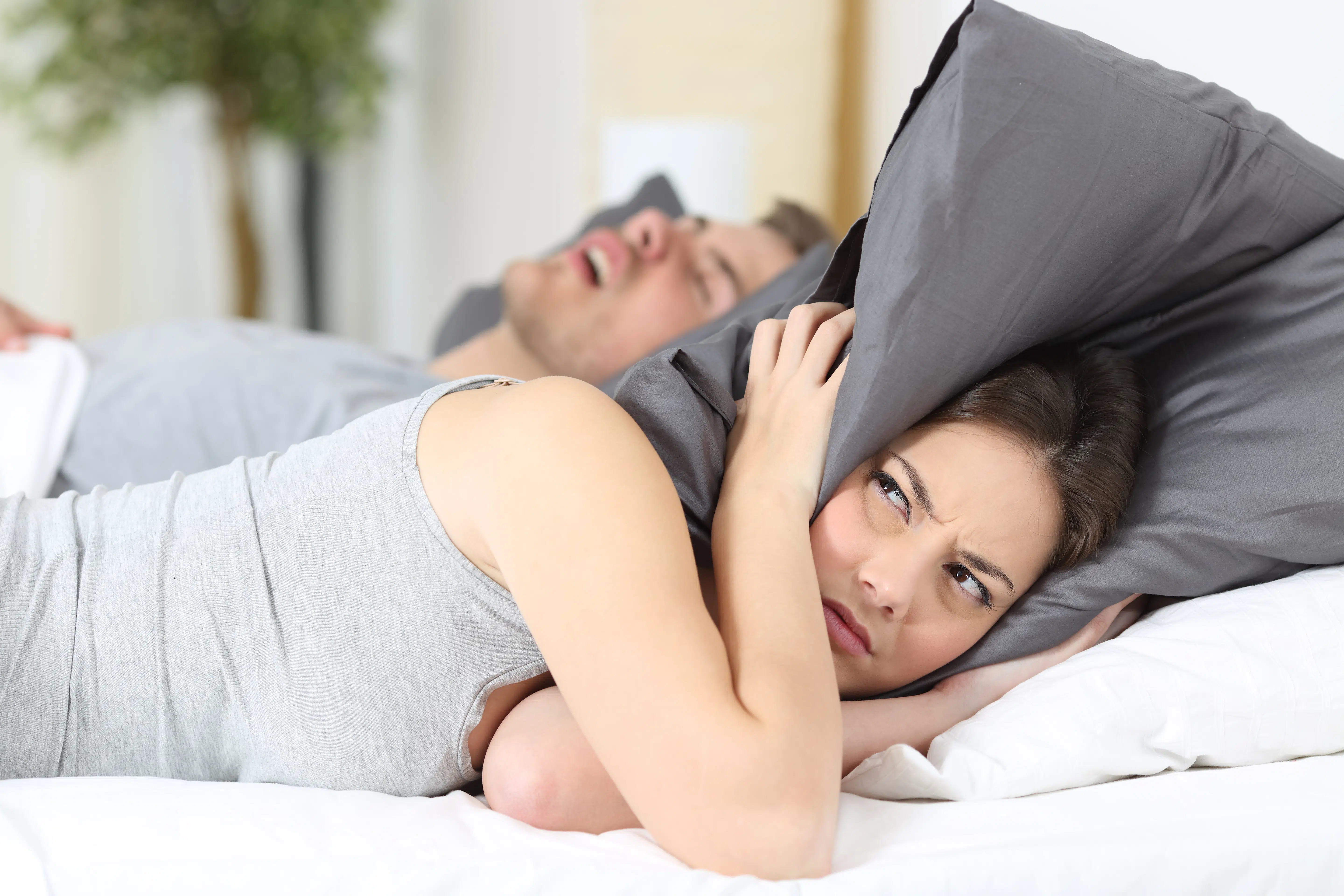The answer to the question of whether sleep apnea goes away is a straightforward one: it doesn’t go away on its own. Left untreated, sleep apnea tends to worsen over time, and can even lead to serious health complications like cardiovascular disease and liver problems. The good news is that you don’t need to be doomed by this annoying sleeping problem, there are ways to reduce the symptoms and even treat the condition.
Some of the best ways to reduce the symptoms of sleep apnea include:
- Weight loss
Losing weight is one of the best ways to treat sleep apnea. The heavier you are, the more likely it is that your airway will collapse and cause obstructive sleep apnea (OSA). OSA can make it difficult for you to breathe during sleep, causing many of its associated symptoms like fatigue and daytime sleepiness.
The best method of losing weight to treat your sleep apnea is under the guidance of your doctor. Generally, this is done through healthy dieting and regular exercise. Not all people with OSA will lose weight by diet and exercise alone—in some cases, surgery may be necessary to successfully treat the condition. However, losing even a few pounds can help relieve symptoms by reducing pressure on the soft tissues in your throat as well as making room for your tongue and jaw muscles so that they don’t become too tight during sleep. - Avoiding alcohol, sleeping pills, and sedatives
Avoiding alcohol, sleeping pills, and sedatives can help with sleep apnea.
When you drink alcohol before bedtime, it can cause your throat muscles to relax, which may result in a blocked airway and make you stop breathing for longer periods of time.
Sleep medications that are used to treat insomnia can cause similar effects on the body as alcohol does. Sedatives such as Valium (diazepam), Xanax (alprazolam), or Ativan (lorazepam) are also known to worsen sleep apnea symptoms by relaxing the throat muscles and causing heavy snoring. If you take any of these drugs regularly throughout the day or night, you should talk to your doctor about discontinuing use altogether if possible—or at least avoid taking them before bedtime if you find yourself waking up with frequent stops in breathing during sleep. - Change sleeping position
If you’re a back sleeper, try switching to your side. If you find that one position feels better than the other, stick with it.
If you have mild sleep apnea and have already tried changing positions (or if you think this might be the cause of it), try using different types of pillows: body pillows, wedge pillows (which elevate one side of your head), or even neck support pillows when sleeping on your back with an elevated pillow under each knee can help keep airways open. - Treatment with CPAP machine
A CPAP machine is a device that pressurizes the air flow you breathe while sleeping. It’s like an air conditioner for your nose and throat. The air pressure allows the tissue in your throat (the soft palate, uvula, etc.) to relax so they don’t collapse on each other while you’re asleep. This helps prevent snoring and sleep apnea events from occurring.
The benefits of using a CPAP machine are that it can help reduce or eliminate symptoms of sleep apnea by increasing airflow through your nasal cavities and throat during sleep. You’ll be able to get more restorative REM cycles as well as spend less time awake between REM cycles due to respiratory pauses in breathing caused by obstructive sleep apnea events.However there are some disadvantages associated with using a CPAP machine too: they can be bulky, uncomfortable, and difficult to get used to sleeping with; they may cause claustrophobia if someone feels trapped under all those straps; they have been known to cause dryness in the mouth due to increased humidity levels inside the mask. - Treatment with an oral appliance
Oral appliances are devices worn in the mouth to prevent air from entering the throat. They can be used as an alternative to CPAP.
Oral appliances work by pushing or pulling your lower jaw forward. By doing this, your tongue is kept in a position that does not block your airway. This reduces the risk of snoring or that your tongue may obstruct your airway during sleep.An oral appliance is a fantastic solution for patients who don’t like the feeling of wearing a bulky mask that hooks up directly into their nostrils – especially if these items cause significant discomfort in their use every single night!
While sleep apnea is a serious condition, it can be treated effectively by utilizing the methods mentioned above. If you’re interested in learning more about sleep apnea treatment options, give tMarx Sleep Center a call today!

